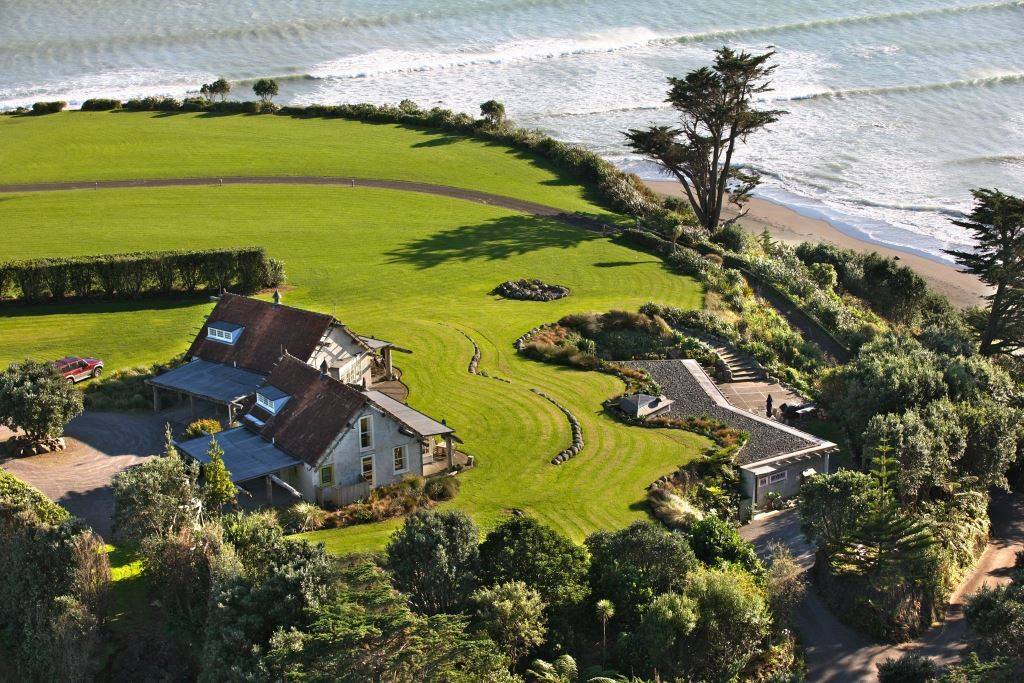
The Curse of Ondine
18th Jun 2020As things have freed up a little (at least in my part of the world), I’ve grabbed the opportunity to break with routine. I’ve just spent five nights on a solo retreat in the Taranaki region of New Zealand. My intent was to deliberately unplug, slow down and not do anything ‘productive’ at all. I’ve gotta say, it wasn’t as easy as it sounds. Like for most of us, I reckon I’ve been conditioned by culture for my default position to be ‘on’, and switching the dial to ‘off’ isn’t as simple as transplanting my body to a different place.
Does that ring true for you?
On the way there, I listened to an audiobook version of The 100 Year Life, and was reminded of the Curse of Ondine. It’s a mythical story about a nymph who’s mortal husband commits adultery. When she finds out, she becomes so angry that she sets a curse on him. If he sleeps, he can’t breathe. For the rest of his life, he is never able to sleep for fear he might die.
I think the Curse of Ondine is endemic in the way we run our societies, our organisations and our lives. If we stop, we ‘die’. Not literally, but metaphorically. I reckon it’s driven by fear. We fear we’ll miss out. We fear we’ll be judged as lazy or incompetent. We fear we’ll become irrelevant. So we stay ‘awake’, doing, doing, doing.
This curse is something I’ve battled with my entire adult life. For me, it’s the tension between the drive to achieve big things, and the desire to simply play and discover the new. Increasingly, I relish the experience of being ‘off’. I value how I sleep better. How I can respond to what’s happening in the moment. How ideas bubble up, and how I can take the time to explore them. It’s where creativity starts, and where wellbeing lives.
Over the years, I’ve experimented with a bunch of different ways to find the ‘off’ button. Here’s what I’ve learned:
- Whenever I’m planning to take time out, it helps to think of myself as a plane landing. It doesn’t stop as soon as it touches the ground. It needs some runway to slow down. I’ve learned to build in that runway time. On my retreat, I used the first couple of days to finish a chapter of a book that I’m contributing to. It allowed me to keep ‘doing’ in a paced way, and to slow down slowly.
- I’ve also found it’s easier to build my ‘off’ muscle in small increments than it is to only plan for big blocks of time off. For example, my daily meditation practice has enabled me to get a little better at being able to find the ‘off’ switch during the day.
- And I’ve definitely found that it’s easier when I’m around other people who have the same intent as me. Even better, to be around people who make it look easy. As James Clear says, join a community where your desired behaviour is the normal behaviour.
It took me a few days to quiet my mind, but by the end I was there. Fully present. Not driven to do, but instead, simply respond to the present. If the surf was good, I’d go for a surf. If I felt like reading, I’d read. I found myself getting into unplanned, rich conversations with others I’d come across. No rush. Unhurried.
And paradoxically, it felt like an incredibly productive time. Doing nothing. Who would have thought?
I’d love to know: how do you find the ‘off’ switch in your days?
Photo: Ahu Ahu Beach Villas
Like this post? When you’re ready, here are three ways I can help you further:
- Sign up to my ‘Thinking from the Edge’ newsletter to get tips, insights and early release information that I don’t share on the usual social channels. Delivered weekly to your inbox.
- Get my book, Change Makers: How to make your mark with more impact and less drama. It’s available here.
- Come along to one of my Change Makers breakfast sessions to learn more about how this game-changing programme can amplify you and your people’s ability to have more impact.

